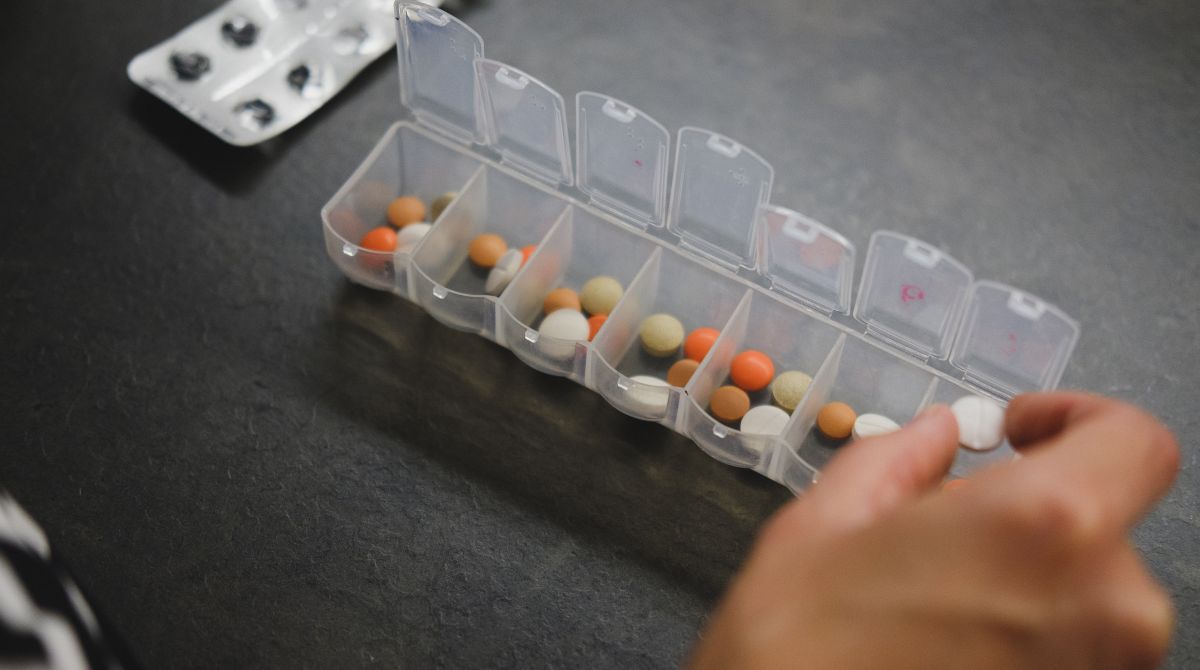New study shows medication adherence tool developed by Kingston University and Observia is world's first to predict hospital admissions and readmissions of Type 2 Diabetes patients
Posted Monday 20 March 2023

A pioneering behavioural diagnostic tool developed by Kingston University and healthcare technology company Observia to help patients take their medication as prescribed is the first holistic model in the world to accurately predict hospital admissions and readmissions in people living with Type 2 Diabetes, according to a new study.
The SPUR tool was developed to help better understand the reasons for medication non-adherence, defined as the extent to which patients don't take their medication as prescribed. Non-adherence was identified as a global issue by the World Health Organisation in 2003 and one that costs almost $300 billion per year in the United States and €1.25 billion across parts of Europe, according to a report by the International Longevity Centre UK.
This highlights that in addition to the impact on the health of patients, who may not experience all the intended benefits from their treatment, non-adherence has significant economic implications for healthcare systems across the world. These costs come from higher hospital admission rates, readmissions and increased lengths of stay.
The SPUR model, which was created in 2017, has now been found to be the first holistic model in the world to accurately predict hospital admissions and early readmissions by a new observational study which has been published in the Patient Preference and Adherence Journal.
Testing 200 patients living with Type 2 Diabetes recruited by Kingston Hospital, study lead Kingston University PhD candidate Josh Wells, chief investigator and Head of Kingston's Pharmacy Department Professor Reem Kayyali and healthcare statistician Dr Chao Wang found SPUR could predict patients' non-adherence risk and also provide contextual information on patients' behaviour to explain the reasons for that risk.
Those tested were of varying ages, ethnicities and genders, took a differing number of medicines and had a range of incomes and medical conditions, including Covid-19 diagnoses. Patients registering higher SPUR scores (increased adherence) saw a significantly lower number of admissions to hospital and were far less likely to experience an early readmission, defined as admissions occurring within 30 days of a previous discharge.
While a limited number of medication adherence models have been linked to hospital admission, SPUR is the world's first holistic behavioural model that can predict admission and early readmission in hospital patients, something Mr Wells was excited to be a part of.
"This will not only provide a benefit to the patient in terms of their care and experience with medicines, but also a health economic benefit associated with harm reduction for NHS Trusts and other care services that may adopt the SPUR model within routine care," he said.
- Read the study in full.
